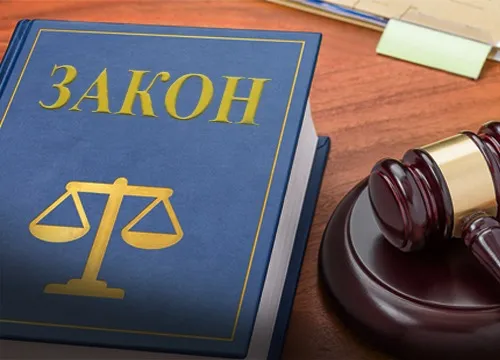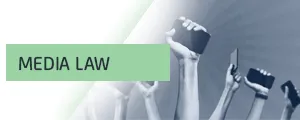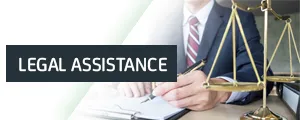Can a judge impose media bans that are not provided for by law? Legal review

The "Adil Soz" Foundation has prepared this legal review regarding the situation involving the TobolInfo news agency at the Kostanay City Court on April 21.
Judge Bakhytgul Kankulova expelled the cameraman from the courtroom, instructed the bailiff to delete the journalist's audio recording from his phone, and imposed a media ban on covering the trial.
According to Article 28 of the Law of the Republic of Kazakhstan "On the Judicial System and the Status of Judges," a judge is obligated to strictly adhere to the Constitution and laws of the Republic of Kazakhstan, remain faithful to the judge's oath, uphold judicial ethics in the performance of their constitutional duties in administering justice, and avoid any actions that could discredit the judge's authority, dignity, or raise doubts about their integrity, fairness, objectivity, and impartiality.
The "Adil Soz" Foundation emphasizes that a judge does not have the right to impose restrictions that contradict the international obligations undertaken by Kazakhstan in the realm of freedom of speech. Moreover, introducing censorship is in violation of these obligations.
Case of TobolInfo news agency
Mikhail Schmidt, a reporter of TobolInfo news agency, attended the Kostanay City Court to cover the trial involving the lawsuit filed by notary Kulshat Bekishevey against the notary chamber of Kostanay region. Representatives from the notarial chamber requested that TobolInfo journalists refrain from covering the hearings, taking video or making audio recordings. Judge Bakhytgul Kankulova supported the demand of the notarial chamber representatives and expelled the TobolInfo cameraman from the courtroom. The judge clarified that journalists could attend the trial as observers, but they were not permitted to publish any information. She accused the journalist of making an unauthorized audio recording and instructed the bailiff to delete it from the journalist's phone. Additionally, she warned the media workers that if any photos were published the next day, it would have negative consequences for them.
The editorial team of TobolInfo news agency intends to file a complaint against the judge's actions with the chairman of the Kostanay City Court.
Analysis of the situation
In accordance with Article 19 of the Code of Civil Procedure, individuals present at an open court session, including journalists, have the right to make audio recordings without the need for court permission. However, the court's permission is required for taking photographs, video recordings, or conducting live broadcasts. The judge does not have the authority to prohibit anyone from being present in an open court session or prevent those present from making audio recordings from their seats.
Furthermore, the judge has no right to prevent journalists from covering the proceedings of an open trial. Such actions by the judge constitute censorship, which is explicitly prohibited by Article 20 of the Constitution. Expelling the cameraman (who is also a journalist) from the courtroom and forcibly deleting an audio recording from the journalist's phone is a arbitrariness on the part of the judge and a blatant disregard for the entire journalistic community.
The publicity of trials is essential for society as it allows citizens to witness the legality and fairness of court decisions, the equal treatment of all individuals before the law and the court, and it educates society on respect for the Constitution, laws, and the judicial system as a whole. Additionally, publicity serves as a mechanism for controlling the judiciary and helps to identify any violations of the law, which unfortunately can be committed by individual judges. The media and journalists play a significant role in ensuring the publicity of trials, and they, like judges, have a special status and protection within society.
This case, which involves a blatant violation of the principle of publicity, the rights of journalists, and the provisions of the Constitution of the Republic of Kazakhstan, should not be left unattended.
Adil Soz recommends:
The actions of the judge exhibit elements of a criminal offense under Part 2 of Article 158 of the Criminal Code of the Republic of Kazakhstan, i.e. interference with a legal professional activities of a journalist through the use of their official position. As it stated in Article 180 of the Code of Criminal Procedure, media reports serve as a basis for initiating a pre-trial investigation. So the Prosecutor General, in accordance with Article 550 of the Code of Criminal Procedure, must provide consent for initiating a criminal case against the judge.





